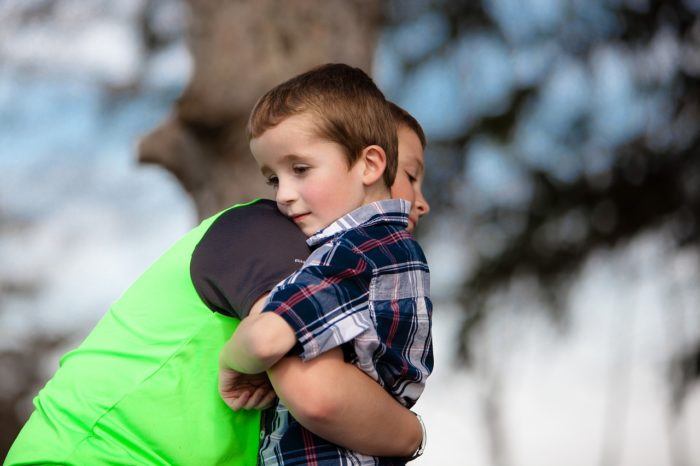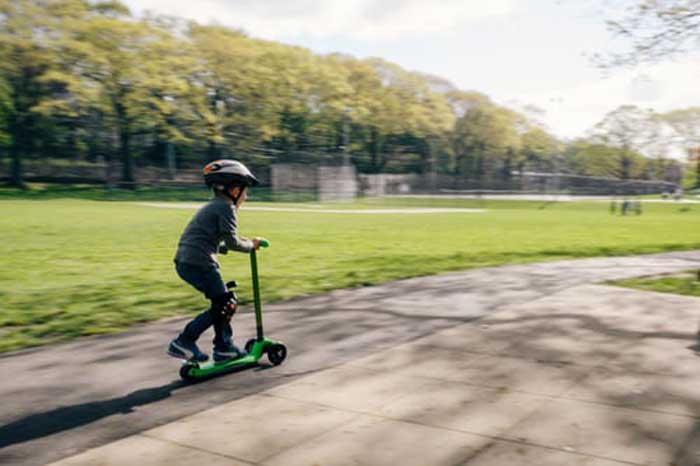Ways to Help a Lonely Child
Loneliness is a condition that we all know by first-hand experience. With some people it is quite bearable, but there are others who begin to feel left alone, misunderstood, and forlorn. A number of people reproach themselves for their inability to make bosom friends. But loneliness doesn’t relate to how many people you socialize with. You can feel lonely in a crowd, in a company of pals. Cildren experience it even more acutely. How to help a lonely child?
Parents should first acknowledge their own concerns
When parents go through a troubled period in their lives, their children feel their emanation of social anxiety. It’s important that children observe how their parents cope with the situation, look after their emotional health and have time for their kids notwithstanding.
The kid(s)‘ feelings should be recognized
If the kids are willing to talk about their feelings, parents ought to give them full attention. Their emotions mustn’t be brushed aside, but recognized as difficult to bear.
As every human being, children can be smitten by the feelings of sadness, desertion. It can be deduced from their becoming more reserved or, on the contrary, clingy. Sometimes kids show their loneliness by acting out.
Talking makes this condition quieter. Discuss positive and encouraging relations, inquire about their pals and classmates, learn their attitude to those close to them.
Explain to them that everyone gets lonely now and then, and it is perfectly all right. It mustn’t be interpreted as their personal fault or failure.
Loneliness may arise from a wish to be recognized by peers; in this case avoid dismissing this wish as not very important and don’t criticize those your kids deem to have authority.
Observe how your kid behaves in company
When at the family get-together or having kids’ party in your place, watch your child’s attitude. He or she can mix up with the rest and participate in all activities – or create a barrier, stand aside, pick up the smartphone and get busy with it. It will let you know if your kid needs help or guidance.
Good socializing needs practicing
Social skills (or soft skills) do not always come naturally. Children should be given opportunities and situations to try their social abilities in the way which is most suitable for them. In the process they may need quite a lot of coaching. Problematic situations like conflicts, voicing their needs, objecting, arranging turns, dealing with unexpected issues often need playing out to give the little ones the sense of familiarity and assurance. Involve other people in practicing to give kids more experience.
Employ a judicious push
When children are depressed and worried they prefer to turn off all and every kind of socializing. They are like crawling into a shell and clamming it shut behind them. They tell you they would stay home because they are sure not to enjoy anything – but afterwards they would often say “It was better than I had thought.” So, a finely measured push (but not too heavy-handed) is usually what the doctor ordered.
Begin with acknowledging the little ones’ feelings saying you understand that they don’t want to see anybody. But it doesn’t mean they would not enjoy themselves. They can be sure of support from you if they consent to go; it will be a challenge and there might be a prize for a successful performance.
Keep kids in touch with reality
Many problems with kids arise for the sole reason they don’t always interpret situations in the true light. Non-verbal communication like texts or chats often lend themselves to misinterpretations. A depressed child is likely to read negative meanings into messages even if they are not there.
Children must be taught to verify their impressions. Bent on themselves, tweens and teens are apt to believe that relationships are easily built and broken by a rash act, they don’t place alternative interpretations on messages, they are poor at arranging compromises. In these cases they need adult guidance.
Ask pointed questions. “So, Milly talks with other girls too much. But does it really mean she doesn’t want to talk to you? What makes you so sure? What if she has good reasons to talk to these girls particularly?”
If a child sees things in a dim light habitually, point that out to him, show that negative interpretation can be faulty, and remind him to shift his point of view to take into consideration alternative versions of what happened.
Maintain regular contact with the teacher
When talking to the teacher, bring in your kid’s social situation: discuss their strong and weak points in terms of interacting with classmates. You ought to know if your child is in with a group where he is not popular, or if there is somebody who would like to be friends with them.
You can ask the teacher to be helpful in such matters: when organizing group activities, they may involve your child with the classmates you choose or with a group of more agreeable teens.
Find friendships in many places
If your child is/feels a misfit, maybe he or she is not looking for friends in the right places. They may go for popular peers, although they have different hobbies and tastes. See if you can locate a group that is engaged in activities your child is good at (or you want them to take up). Besides, when pursuing their interests, they will develop their personalities and strengthen their self-confidence.
Using the Internet judiciously can also help find kids sharing the same interests. Or probably just enjoy a pleasant chat with pleasant kids. While the pandemic is raging, children meet online more often, keep up interesting interactivities; socializing with different kids can broaden the mind and help understand other people better.
The only drawback is, while your adolescent is using the Internet, you have to take measures to ensure their safety. Children cannot identify a potentially dangerous or harmful situation at an early stage. So parents’ surveillance is required in conjunction with teaching about the proper use of the Internet and warning about possible dangers.



